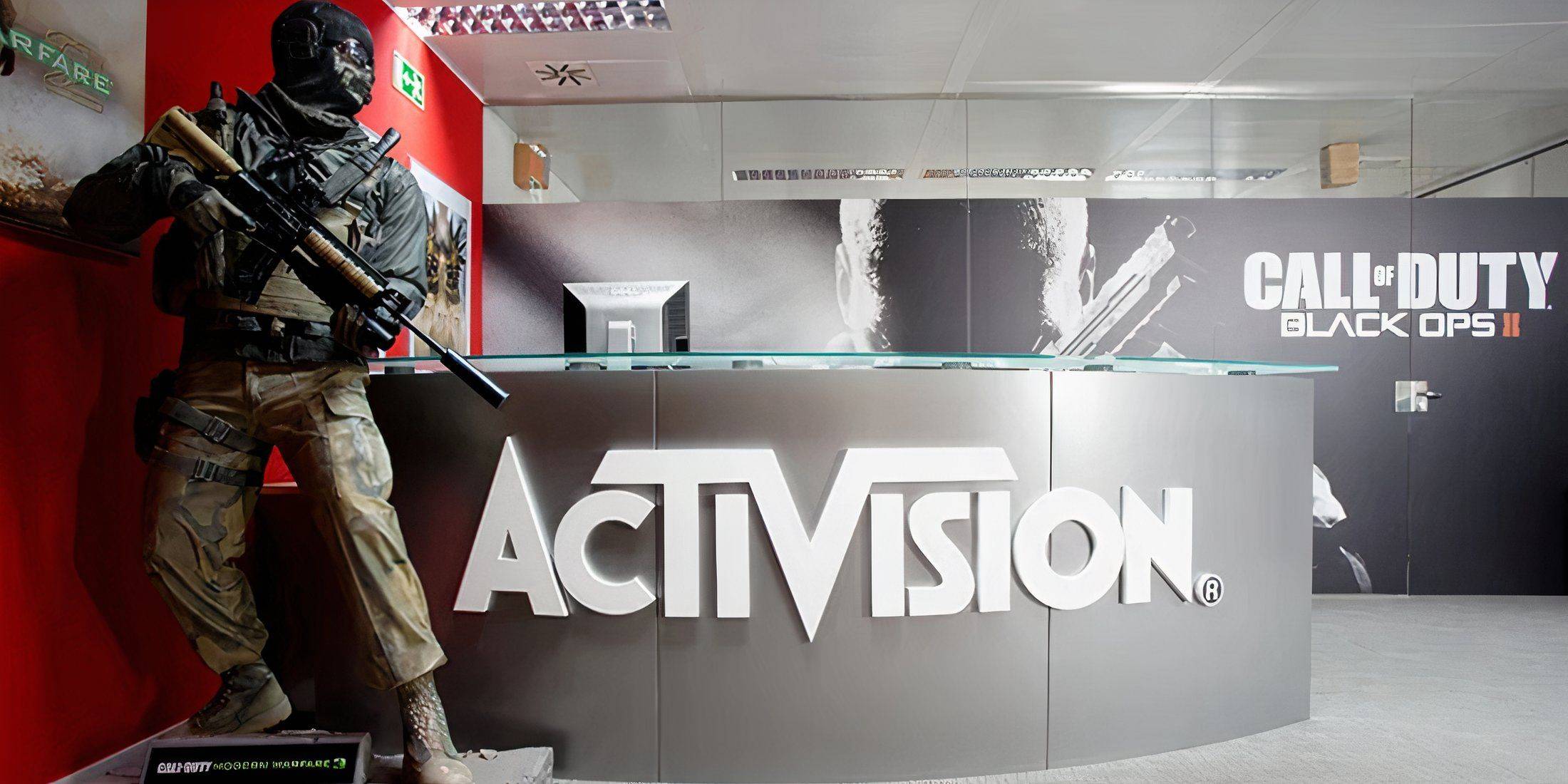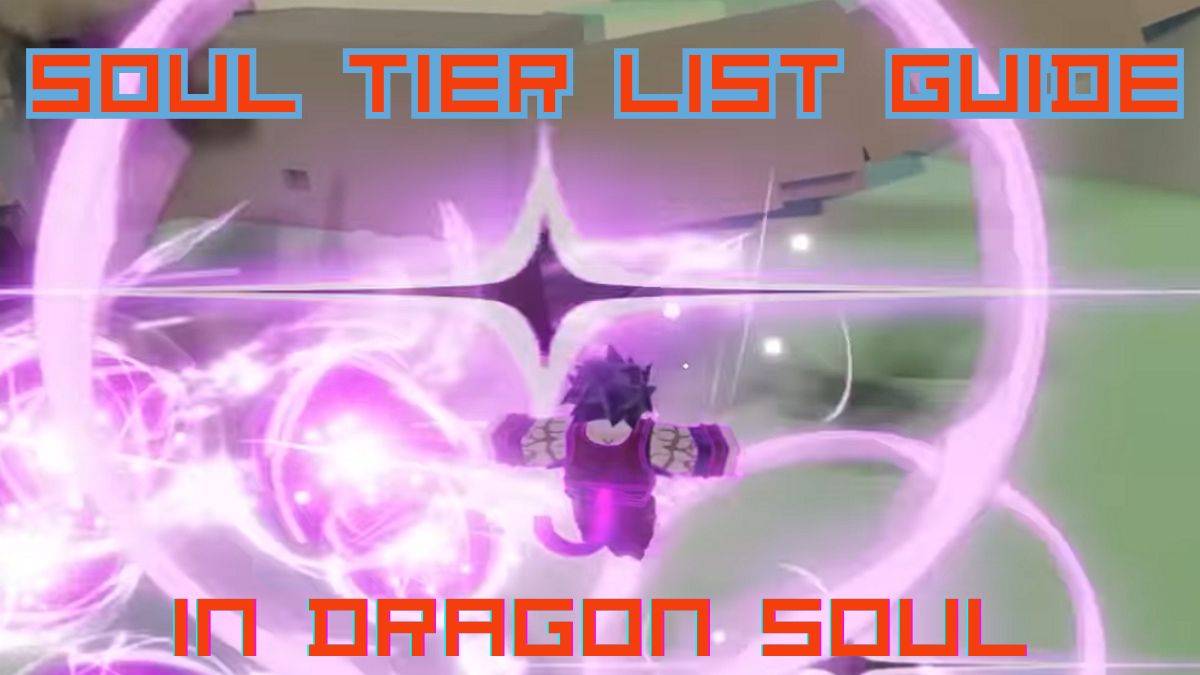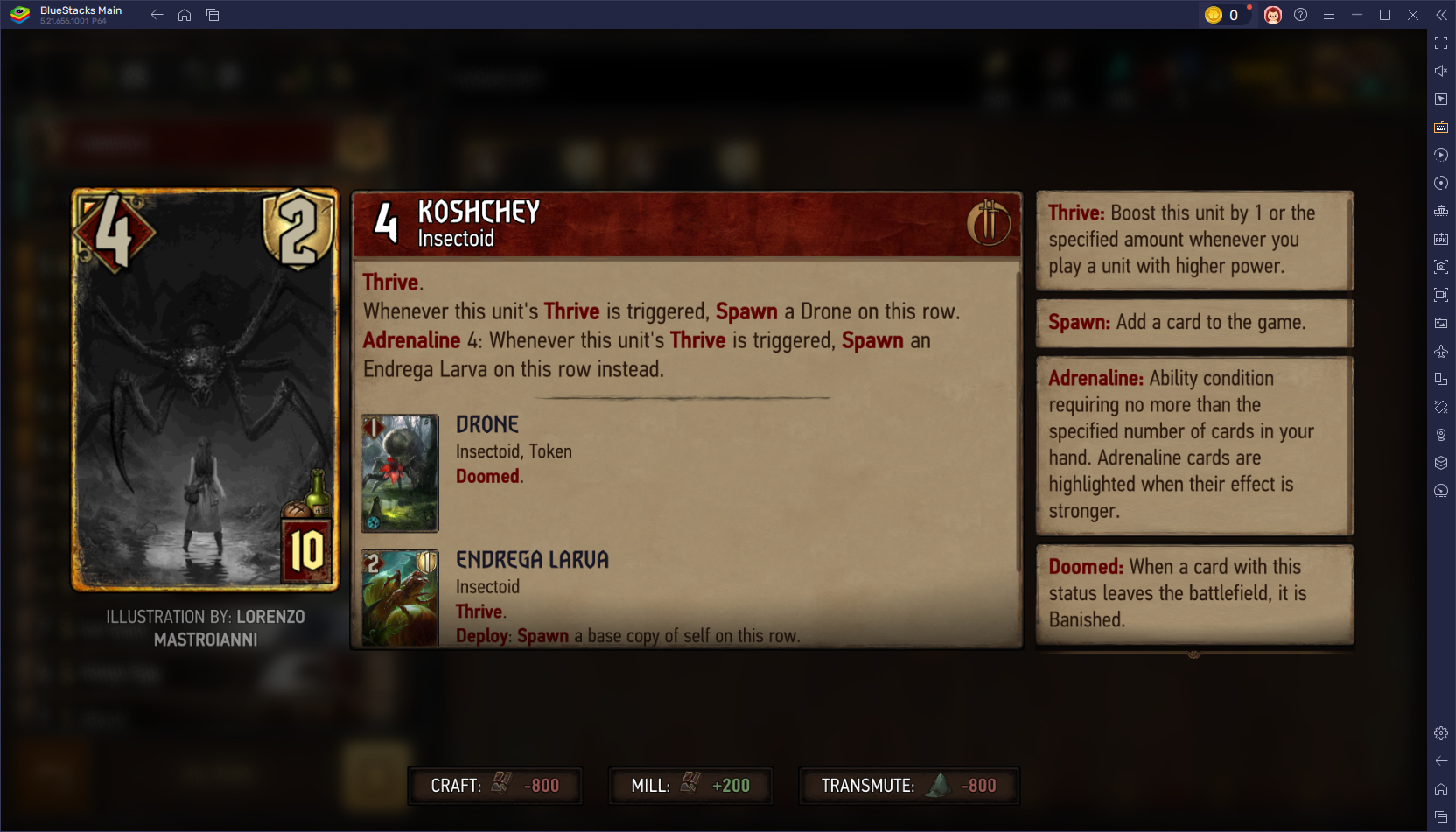Activision Files Defense in CoD Uvalde Lawsuit
- By Lucas
- Jan 23,2025

Activision Rebuts Uvalde Lawsuit Claims, Citing First Amendment Protections
Activision Blizzard has filed a robust defense against lawsuits filed by Uvalde shooting victims' families, refuting claims linking Call of Duty to the 2022 tragedy. The May 2024 lawsuits allege the shooter's exposure to the game's violent content contributed to the massacre at Robb Elementary School.
The devastating event resulted in the deaths of 19 children and two teachers, with 17 others injured. The shooter, a former Robb Elementary student, was a known Call of Duty player, having downloaded Modern Warfare in November 2021 and using an AR-15 rifle—similar to one depicted in the game. The plaintiffs also named Meta, alleging Instagram facilitated the shooter's connection to firearm manufacturers, exposing him to AR-15 advertisements. The families contend both companies fostered a harmful environment that encouraged violent behavior in vulnerable youth.
Activision's December filing, a 150-page response to the California lawsuit, categorically denies any causal link between Call of Duty and the Robb Elementary shooting. The company invoked California's anti-SLAPP laws, designed to protect free speech from frivolous litigation, seeking dismissal of the case. Further, Activision emphasized Call of Duty's status as a protected form of expression under the First Amendment, arguing that claims based on its "hyper-realistic content" violate this fundamental right.
Expert Testimony Bolsters Activision's Defense
To counter the plaintiffs' assertions, Activision submitted expert declarations. A 35-page statement from Notre Dame professor Matthew Thomas Payne argues that Call of Duty's depiction of military conflict aligns with established traditions in war films and television, not with "training camps for mass shooters," as the lawsuit claims. A separate 38-page declaration from Patrick Kelly, Call of Duty's creative head, details the game's design process and budget (citing the $700 million budget for Call of Duty: Black Ops Cold War).
The Uvalde families have until late February to respond to Activision's extensive documentation. The outcome remains uncertain, but the case underscores the ongoing debate surrounding the role of violent video games in mass shooting incidents.
Latest News
more >-

- Genshin Impact Luna I update arrives next month
- Dec 17,2025
-

-

-

- Ragnarok M Classic Beta Starts Next Month
- Dec 17,2025
-




